“Net Zero” is something of a buzzword at risk of being seen as a silver bullet solution that sustainability efforts need to prioritise, separate, and disconnect from other issues or even worse, at their expense. What does it mean to do Net Zero in the food system, and to do it well? What do those driving changes in food need to consider? How to avoid falling into a Net Zero trap, exacerbating problems instead of giving us new ways to tackle multiple challenges in a smart, impactful way?
As part of our ‘Recipes for Food System Transformation’ project, we have been exploring a range of themes and varying perspectives to reflect on what is slowing or supporting progress towards building a just and regenerative food system for the future. Last month, we took a closer look at our work in Singapore around protein innovation and shared insights from our recent Action Sprint about how we could achieve a radical transformation of the food system in Southeast Asia.
Innovation is just one of the themes we’ll be delving into, but there are many other buzzwords we are always hearing in conversations about the future of food. This week, we are looking at ‘Net Zero’ – what does it mean, what are the areas of concern, and what is its potential to contribute to a transformed food system?
Net Zero, as defined by the UN, means “cutting [the whole world’s] greenhouse gas emissions as close to zero as possible, with any remaining emissions re-absorbed from the atmosphere, by oceans and forests”. To give us a chance of limiting global heating to 1.5°C, emissions must be reduced by 45% by 2030, and reach ‘Net Zero’ by 2050 at the very latest.
The Net Zero aim is increasingly being taken on board across different industries and sectors, but what does it mean to aim for Net Zero in the food system specifically? And how can it go beyond to support the ultimate goal of delivering affordable, accessible healthy, and nutritious food to everyone?
While the growing commitments to Net Zero across the food system (such as the ‘Net Carbon Zero by Nature’ commitment from Silver Fern Farms) are to be applauded and encouraged there are also critical gaps and risks in approaches to Net Zero. A recent analysis from Just Food assessed major companies’ progress towards their Net Zero goals and showed that whilst Scope 1 and 2 emissions are largely being addressed, Scope 3 remains a significant challenge.
Our Global Strategic Lead for Food Lesley Mitchell points to the risk of “getting caught in the Net Zero net”, falling into certain traps that we believe will limit progress and positive impact, or even lead to perverse outcomes in the food system and beyond.
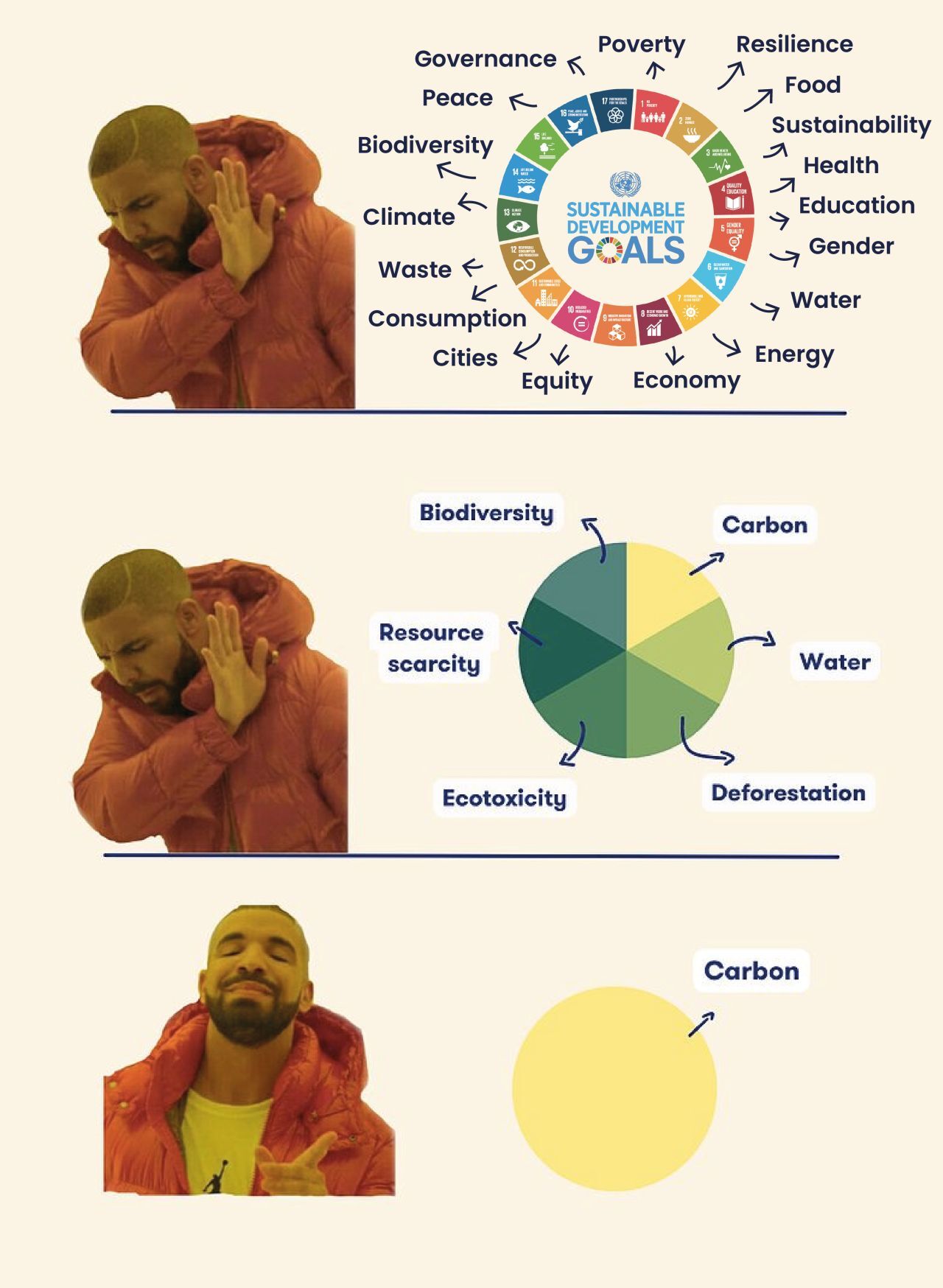
Carbon “tunnel vision” is a particular risk – focusing purely on the carbon reduction aspects of Net Zero, without sufficiently considering the interconnections with – or potential impacts on – other critical and urgent challenges. This could include environmental concerns, such as other greenhouse gases like methane, or complex socio-economic challenges such as dietary outcomes or farmer livelihoods. To be provocative: is rolling out regenerative agriculture at scale really worth the effort if the crops are foods with little to no nutritional value? Are lower-carbon, plant-based protein-alternative innovations worth the effort, if the ingredient producers and factory workers cannot afford a healthy diet? Who is being left behind in this transition?
The climate crisis is undoubtedly complex, and so is its relationship with the food system. Net Zero must not be labelled as the only urgent goal, or treated as a silver bullet. It is definitely not either.
The approach to Net Zero within and through the food system must be multi-faceted, in order to address the role of food as both driver and victim of climate collapse and to not miss the huge opportunity to tackle our other urgent interconnected challenges.
As we describe in our Business Transformation Compass, when approached with an ambitious, ‘just and regenerative’ mindset’ 1, Net Zero is about more than the purely technical reduction of emissions, however challenging that task might be in and of itself. The aim is to ensure a stable climate where humans and the planet can thrive – and in which we can produce and distribute food reliably. Anyone establishing Net Zero ambitions must be careful not to lose sight of that.
In addition, it is arguably unlikely that continuing to treat and act on different food challenges as separate issues (e.g. food production vs consumption, environmental vs social issues, carbon vs livelihoods) will get us where we need to go. Maximising the systemic impact of Net Zero as a vehicle to a better food system is key – rapidly reducing the food system’s reliance on fossil fuels, while also restoring the natural world, and restoring global human health and wellbeing through better access to good food and decent food livelihoods.
To reach their full potential, Net Zero efforts must therefore consider how we grow and prepare food, and what we grow and eat; and ensure a just transition that leaves no one behind, whether that’s food producers, workers, or eaters. After all, achieving a Net Zero food system by 2050, where junk food dominates and healthy, nutritious diets remain out of reach for most people, or where many food producers and workers are underpaid and undernourished, would simply represent a failure to seize the window of opportunity before us to create a food system that truly meets the world’s needs.
Seen through the lens of potential and opportunity, holistic approaches to Net Zero could really help “turbo-charge” food players’ contributions to progress across critical food challenges, from agriculture to community health and livelihoods. The increasing spotlight on understanding and addressing Scope 3 emissions pushes food businesses to engage with their entire value chain to achieve Net Zero.
Let’s be honest – we don’t have all the answers yet. This requires forward-looking food businesses to co-create them, by collaborating in rich new ways with supplier and consumer communities, by creating new disruptive business models to reimagine value models, to ultimately challenge incumbent unequal systems of access to healthy food through their (Net Zero) responses.
Signals
There are lots of examples of Net Zero approaches that can provide inspiration for action in the food system:
- Canadian food producer McCain has committed to regenerative agricultural practices across 370,000 acres worldwide by 2030. It will focus on protecting soil health, whilst using nature-based solutions to improve the resiliency of its potato crops. Carbon sequestration is just one element of McCain’s mission to reach Net Zero. It has also announced a pledge to support farmer livelihoods and encourage sustainable practices, acknowledging the connections between people and planet.
- The 2022 COP27 climate summit reached an agreement around ‘loss and damages’, which was added to the agenda suggesting that higher-income nations should pay reparations to those who are disproportionately suffering from the negative impacts of climate change. This adds an additional temporal aspect to Net Zero commitments – what might Net Zero look like if it factors in redress for historic emissions in the food system?
- Tea company ‘Tazo’ focuses on “[being] better to do better”, with its “moral responsibility [extending] beyond [its] products”. The regenerative practices at Tazo range from looking at how tea is produced, to ensuring farmers are paid fairly. Tazo uses science-based targets to drive its Net Zero efforts, arguing that we “should leverage [them] in order to reassure consumers and in order to actually make measurable change”. Tazo’s ambition is clear with an aim to reduce scope 1, 2, and 3 emissions by 45% by 2030 compared to a baseline level of 2020. Will this spur other companies to raise their Net Zero ambitions? What can we learn from Tazo’s practices?
So What?
Net Zero is (and should be) a complex concept, with a lot of potential to help move us towards a more just and regenerative world, if done well, as we set out in our Business Transformation Compass. This means taking care to avoid some important risks and pitfalls – but also, potent opportunities to think, act, and innovate differently for better outcomes.
Net Zero must not become a tool for greenwashing industry or government efforts around food, nor should it become an end in itself, divorced from the bigger environmental and social picture, from protecting our future capacity for agriculture, from ensuring everyone has access to good food; instead it needs to become a means to acting regeneratively and accelerating the pace of positive change. Getting to Net Zero emissions is a huge challenge, but that doesn’t mean we should not try to think wider or deeper about what we’re trying to achieve.
Net Zero should not compromise efforts to build a thriving planet and society. In the food system, this means ensuring Net Zero efforts help to enable (ideally accelerate), and certainly don’t undermine, action to deliver sustainable nutrition, including:
- Supporting the production of healthy, nutritious food
- Improving the distribution, affordability and accessibility of good food
- Support, fair pay and decent work for farmers and food workers
- Maintaining and restoring of nature and biodiversity in food production practices
Net Zero commitments must also be robust and commensurate with the challenge(s) they commit to addressing. The ‘Oxford Net Zero’ team have found that fewer than 20% of existing Net Zero targets meet minimum robustness criteria. Science Based Targets should be considered the minimum necessary approach for credibility (even if they have their own limitations).
We must be asking ourselves: how are we defining Net Zero, how ambitious is the target in the face of what is needed for a future-fit food system, and ultimately, how do our actions work towards achieving a healthy and accessible diet for all, and not just a Net Zero status?
The entire value chain has a role to play in transforming the food system. Reaching Net Zero emissions already calls for radical mitigation across the production of food to transportation and beyond. To ensure our Net Zero efforts are supporting a future-fit food system, we must consider the following questions:
- How are we engaging senior leadership within organisations, government bodies and consumers, to drive transformative action around Net Zero and the challenges surrounding it?
- How can leaders in the food system collaborate to achieve what is required, rather than what feels feasible?
- Where do carbon reduction opportunities overlap with and help to accelerate other positive outcomes (such as improved livelihoods or healthier products to market)?
- Are any of our Net Zero efforts likely to undermine much-needed positive outcomes? Are the costs and risks of requirements for scope 3 emissions reductions being shared with supplier communities?
- By focusing purely on lowering carbon emissions, are we missing an opportunity to reinvent our business more fundamentally?
Net Zero done not-so-well risks repeating and exacerbating past mistakes and “design flaws” in our global food system. Net Zero done well presents exciting opportunities to tackle multiple issues in one go, innovating future-fit business models that deliver more for people and nature along the whole value chain, and shifting the narrative around what we all really need from our food system and what a brighter food future looks like.
What’s your biggest question about how we get there?
Here are some of the questions we are posing to forward-thinking food businesses that are working to achieve Net Zero done well:
- What’s the potential of regenerative agriculture for our Net Zero ambitions?
- How can we connect our Net Zero efforts and ambitions with opportunities for healthy diets?
- How might we reconfigure our value chain to achieve Net Zero as well as other positive outcomes for people and planet?
- Are we stuck in a Net Zero trap? Could reframing our approach, or even bringing a different mindset to it, help us better prepare our business (or our sector) for the future?
Definitions
- Just and regenerative mindset: “Adopting a just and regenerative approach means embracing the power of nature to renew and regenerate, understanding that humans are a fundamental part of nature, and respecting everyone’s universal rights and potential to thrive. This challenges us to go beyond our current extractive models to recognise a fundamental quality of all living beings and ecosystems – the ability to regenerate, replenish and create the conditions for more life.”
(Report: A Compass for Just and Regenerative Business)
Join the conversation
- Share your thoughts and reflections on social media by tagging us at @FuturesCentre or @ForumfortheFuture
- Explore our vision for a just and regenerative future and how we plan to get there
- If you would like to find out more about how you can work with Forum for the Future to shift narratives around Net Zero within the food system, please reach out to Mareyah Bhatti (m.bhatti@forumforthefuture.org)
Recommended Reads
- Insight: Innovating for what the world really needs: insights from protein excitement in Southeast Asia
- Report out now :OFC 2023 Report: Supply Chain Synergies
- Futuring Podcast: With a window for narrow innovation, will our food systems transform or unravel?
- Futuring Podcast: Why does your business exist?
- Live Research: Beyond Greenhouse Gases
About Recipes for food system transformation
From November 2022 to March 2023, we published a series of insights into how to drive more transformative change in the global food system. We drew on a range of perspectives, including Forum’s own work on the future of food, in particular. what we have learnt from our multiple initiatives on the future of protein, as well as insights emerging from COP27 and other events, initiatives, and conversations happening around the world. We delved into what is stopping us all from achieving more positive change, what is working, and what more is needed to shape the transitions needed for the world to thrive.
We hope this will inspire change-makers across the food system to think differently about what action they can take and how – join us in this conversation and tell us what you think!
This Live Research is being hosted by Forum for the Future’s Great Protein Transformation Challenge, which has been kindly supported by Hershey’s, Nestle, Volac and WWF. The views shared here do not necessarily reflect the views of these supporting organisations.

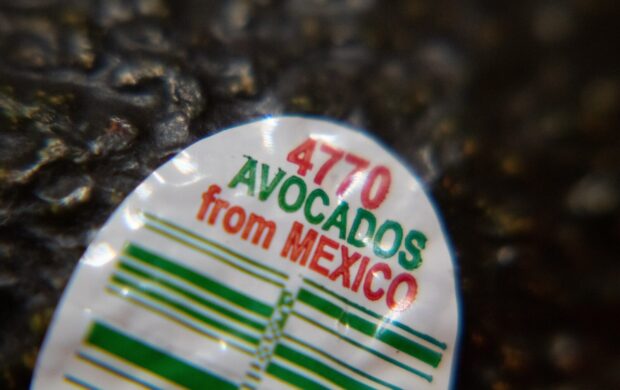
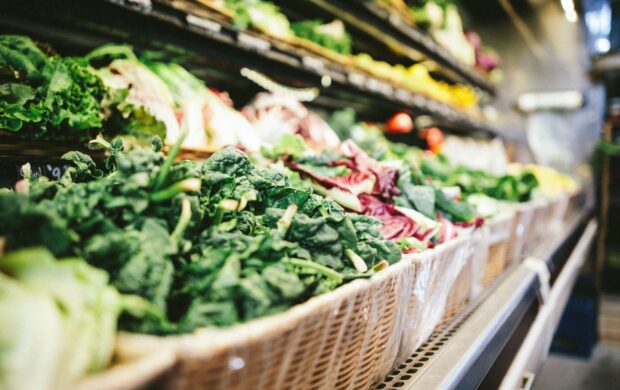
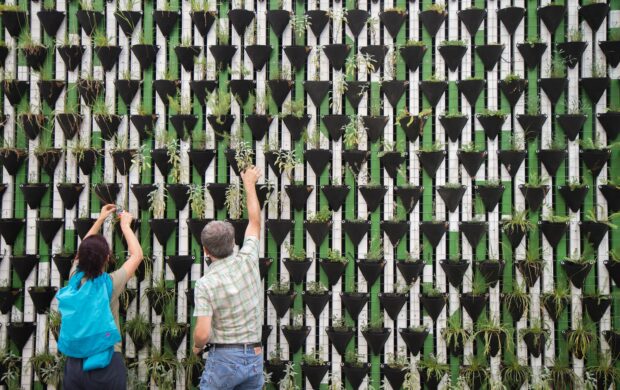

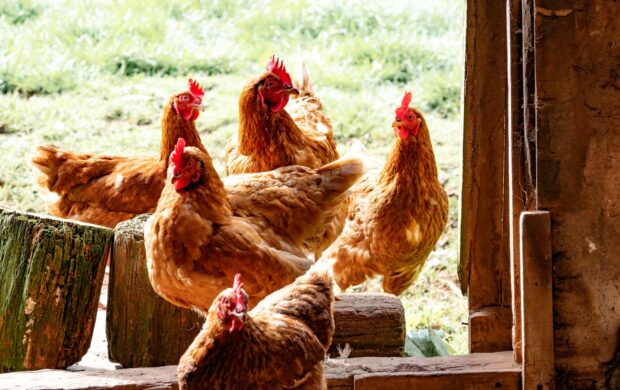
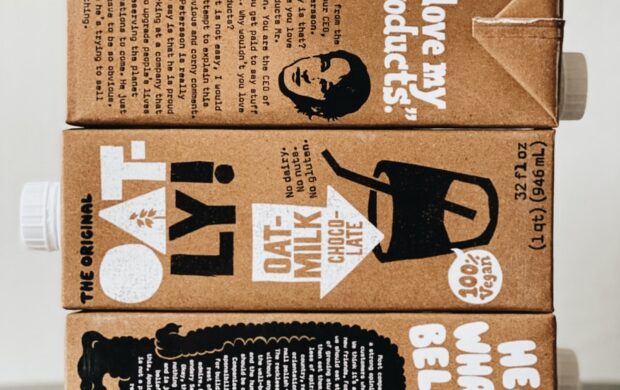
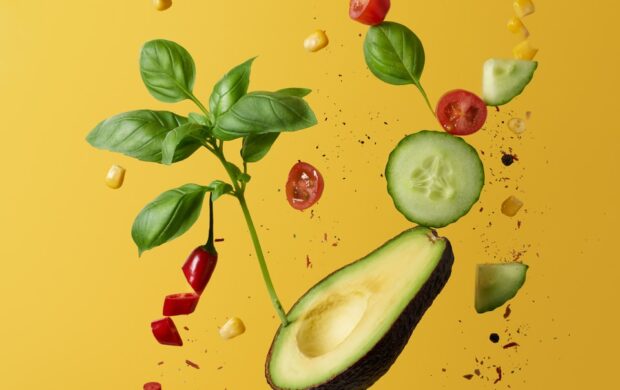
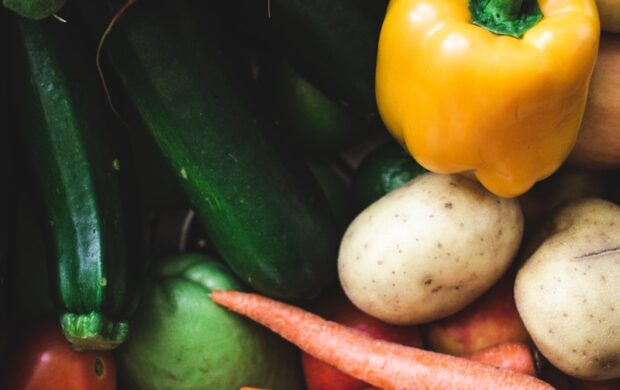





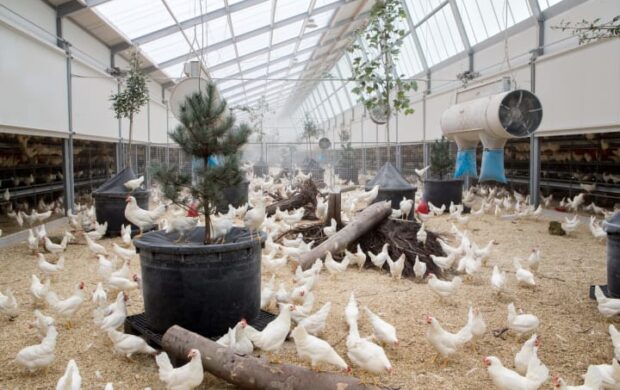
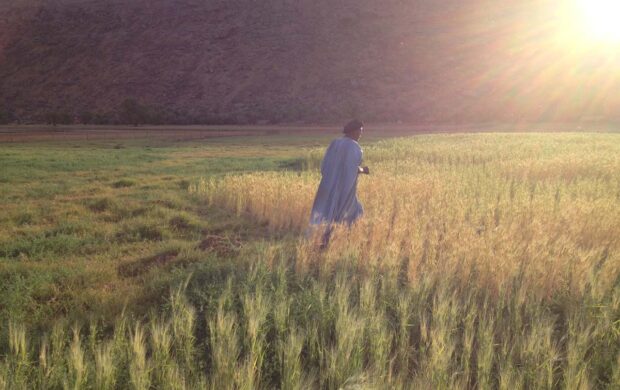



Join discussion